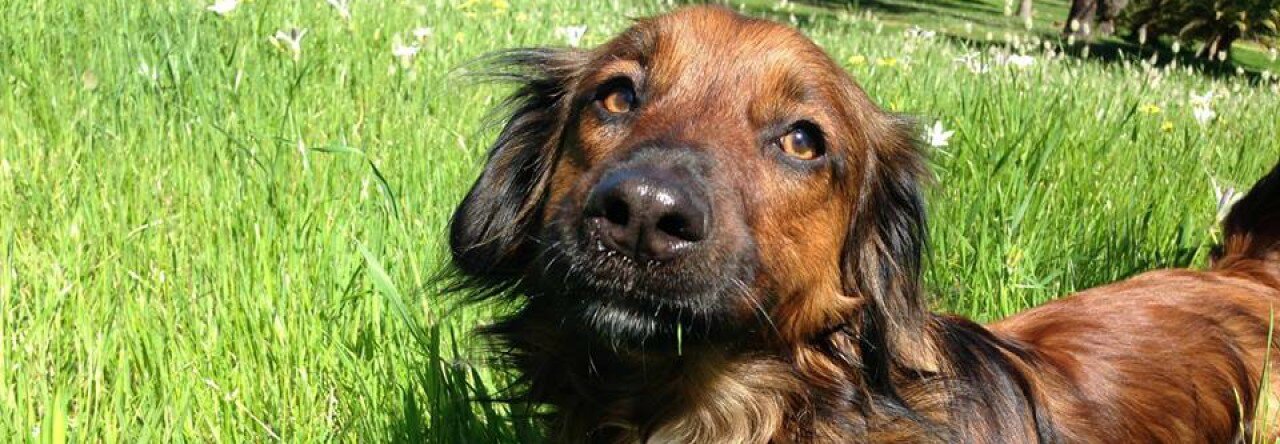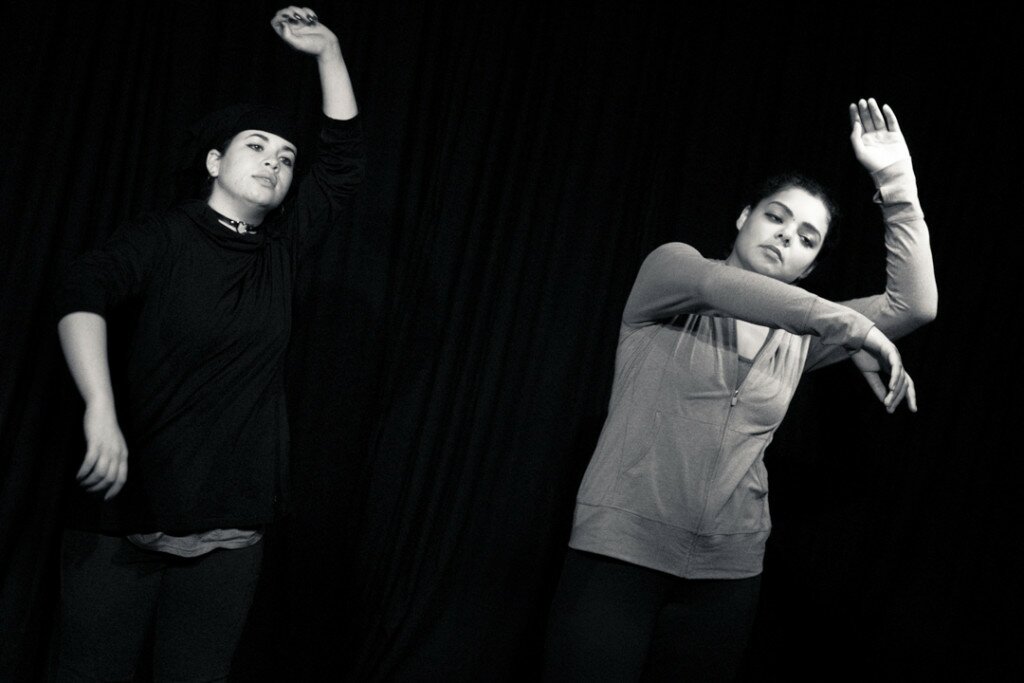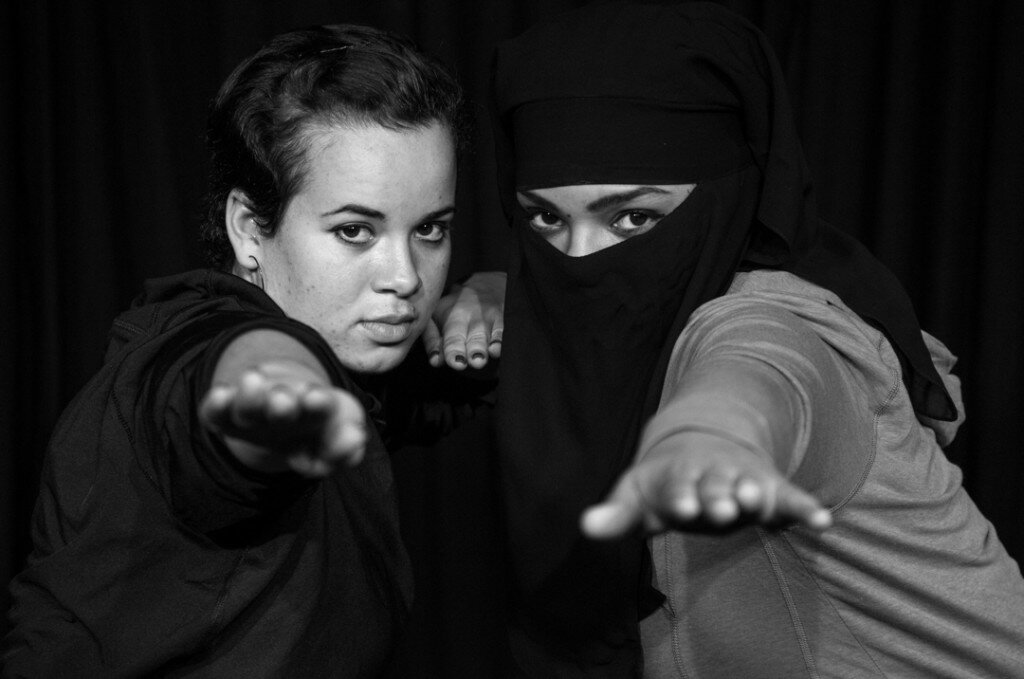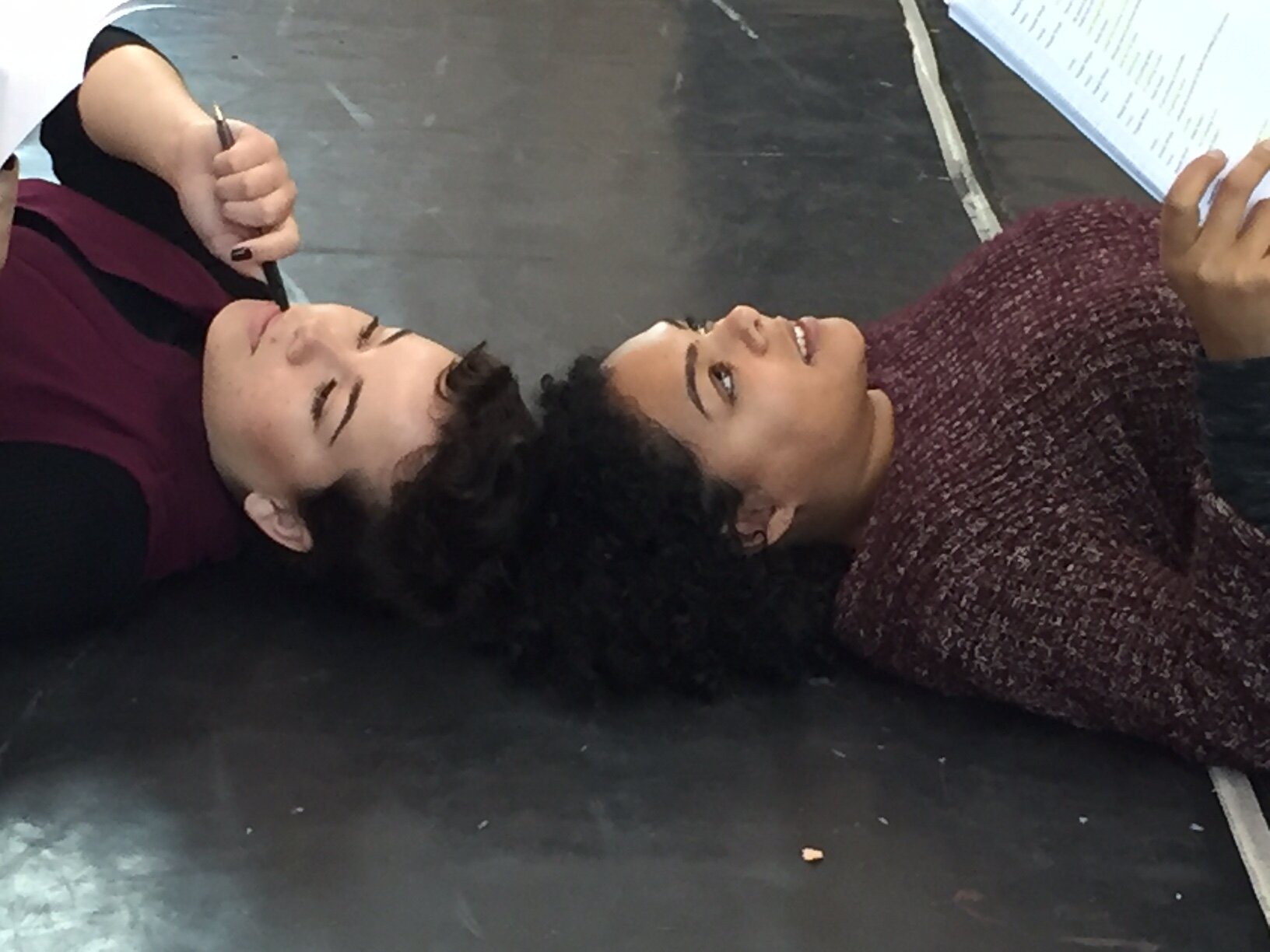My father was that incredible being; a true example of how a man should bring up a daughter. Of course he had his faults, some of them big, and some of them strange, but the one thing he did with magnificence was bring me up as a person, and not as a girl.
He was only mildly interested in girly stuff, and tolerated those phases that I went through with kindness and bemusement. But mostly he was interested in developing my brain and thoughts, my talents and skills, and I didn’t feel like foremost a girl when I was with him. I felt seen and heard and understood, and I was criticised and encouraged and scolded and guided as a person.
The main result of the way my father treated me was that I expected all boys and men to treat me that way. I was shocked and angered when they didn’t and was lucky enough to be confident in my confrontation of them and their inappropriate behaviour. I was also lucky enough that nothing really bad happened to me when I was growing up.
When I was about 15 a friend’s father tried to kiss me before I entered his house. I remember laughing in his face. As a school girl, when I was catcalled at I remember swearing like a trooper (my father swore creatively and colourfully in a few languages) and it working beautifully to embarrass the catcaller. When I felt the unwanted physical attention of boys it seemed like the most natural thing to tell them to stop and to expect them to.
My father was also my confidant. I told him about my first sexual encounter and his response was perfect; concerned, practical (protection was a big deal) and terribly adult. I can only now imagine the restraint he had to have to pull off that conversation.
My father never ever made me feel the disadvantages of being a woman. And, in a weird way, maybe he should have. Because it has come upon me over the years with such force, and such distaste and even disbelief, that his way is not the way of the world. And this makes me deeply, achingly sad. Because it damn well should be.
(This musing is written for Sara Shaarawi, playwright of Niqabi Ninja, actresses Bianca Flanders and Loren Loubser, and the 4 silent Khwezi protesters)

 I had no idea how perfect the timing of Niqabi Ninja was going to be, but on the eve of the announcement of South Africa’s election results, in front of the whole country, four young female ninjas performed a silent, poetic, theatrical protest that was somehow more meaningful than the election results themselves.
I had no idea how perfect the timing of Niqabi Ninja was going to be, but on the eve of the announcement of South Africa’s election results, in front of the whole country, four young female ninjas performed a silent, poetic, theatrical protest that was somehow more meaningful than the election results themselves. Only 4 people have seen rehearsals of Niqabi Ninja so far. A 12 year old girl, a grade 12 female student, Nicky Newman the photographer, and a man (Jon Keevy, Alexander Bar theatre boss and lighting designer). The 12 year old told us afterwards that she knew all about things like (sexual harassment) that from school. The grade 12 student shared with me a private story about her own bad and harassing experience, Nicky shared some of her ‘harassment in Facebook comments’ stories, and Jon retold a story about the sexual inappropriateness of a man who lives in the same building as a friend of his. Something like this has either happened to you or to a woman you are close to. Those are the facts.
Only 4 people have seen rehearsals of Niqabi Ninja so far. A 12 year old girl, a grade 12 female student, Nicky Newman the photographer, and a man (Jon Keevy, Alexander Bar theatre boss and lighting designer). The 12 year old told us afterwards that she knew all about things like (sexual harassment) that from school. The grade 12 student shared with me a private story about her own bad and harassing experience, Nicky shared some of her ‘harassment in Facebook comments’ stories, and Jon retold a story about the sexual inappropriateness of a man who lives in the same building as a friend of his. Something like this has either happened to you or to a woman you are close to. Those are the facts.


